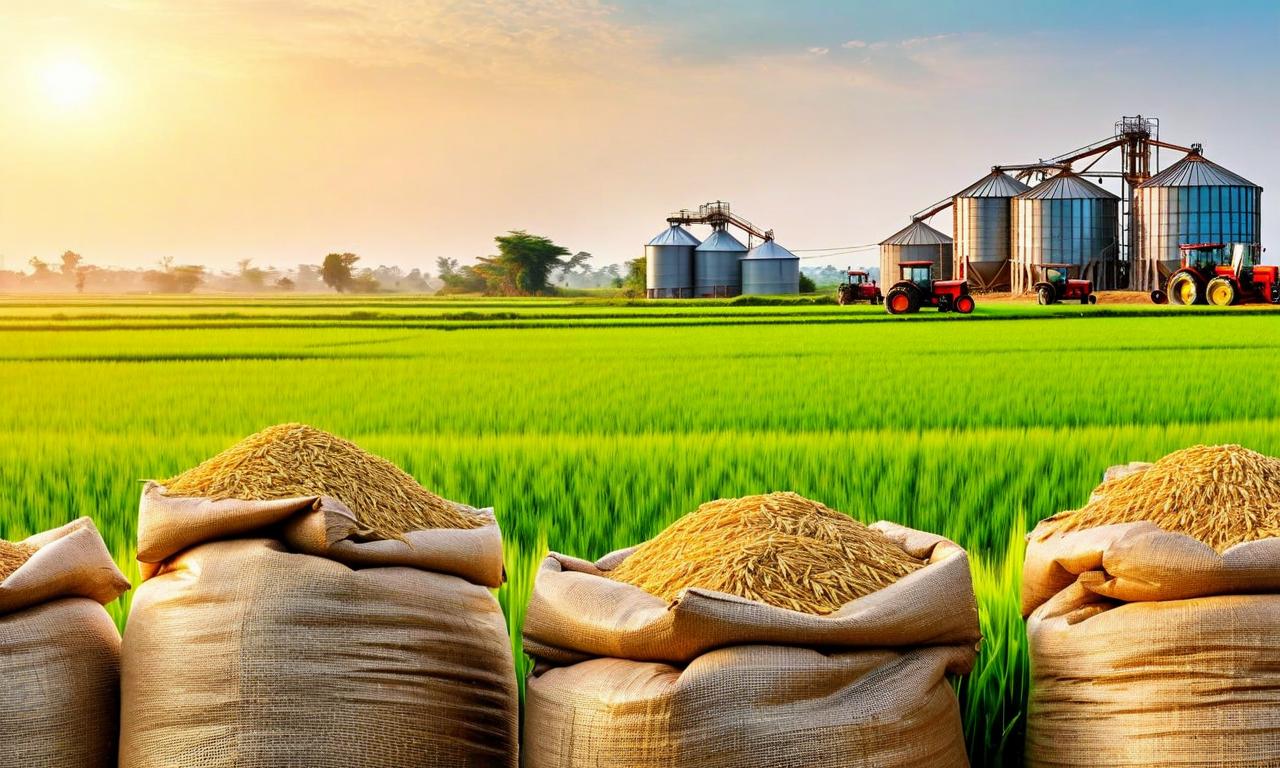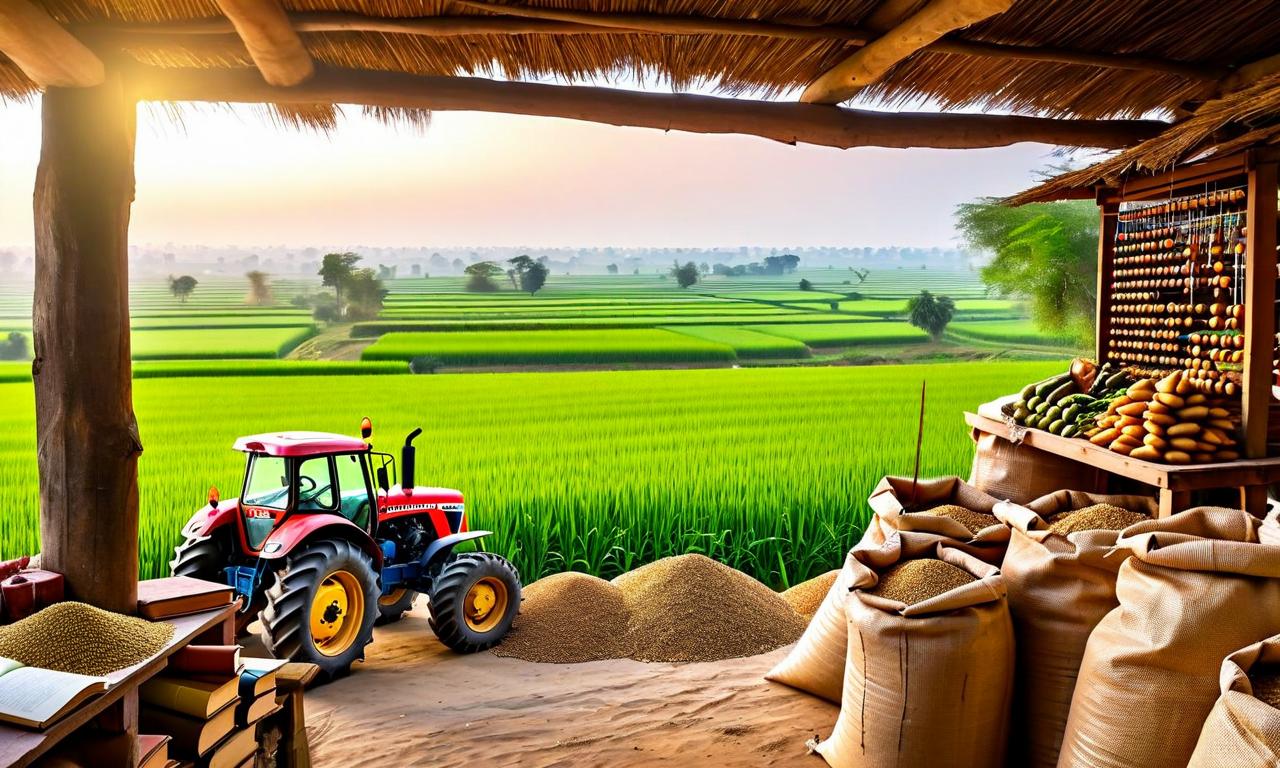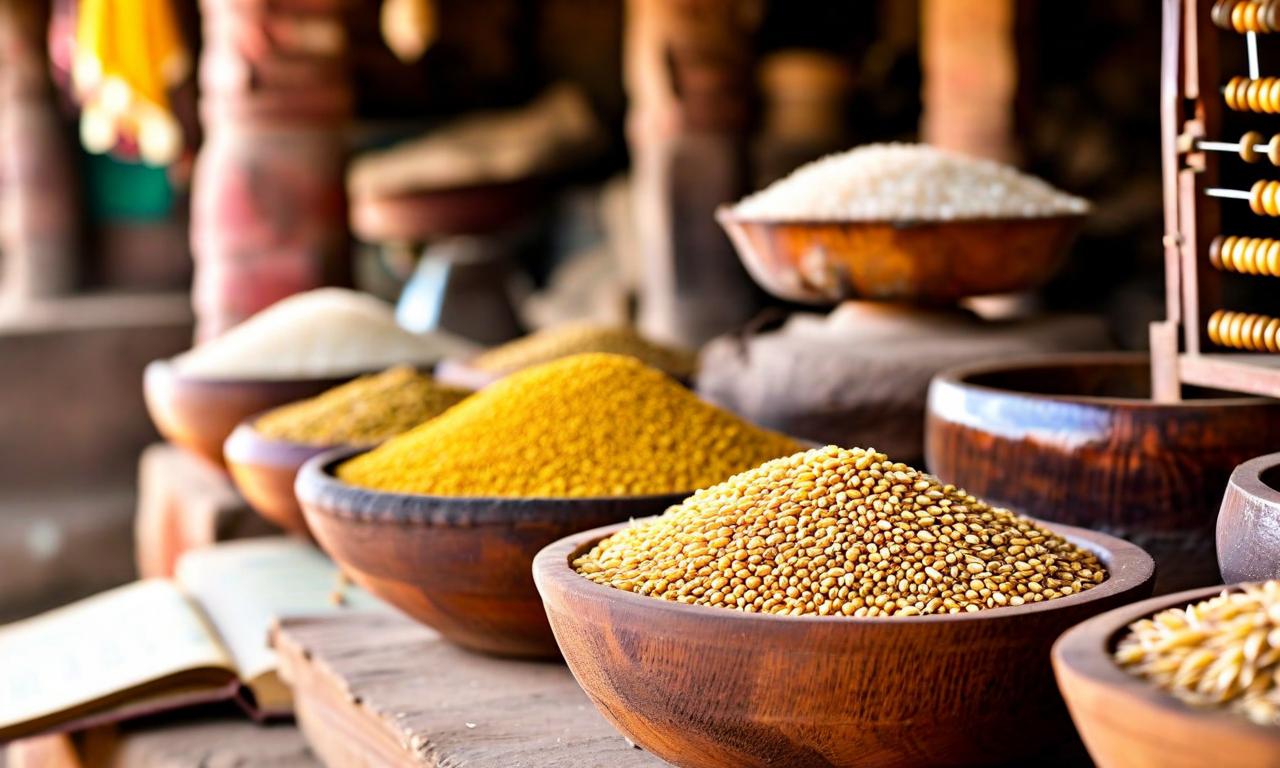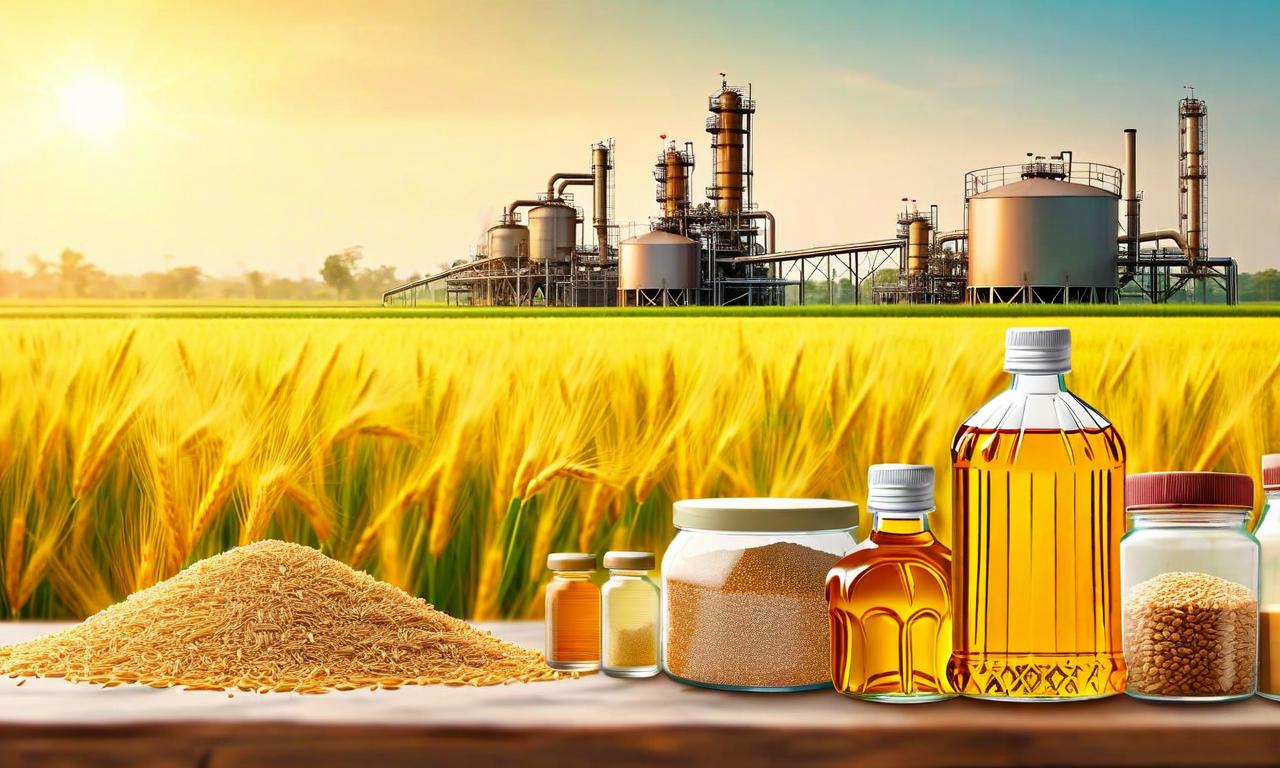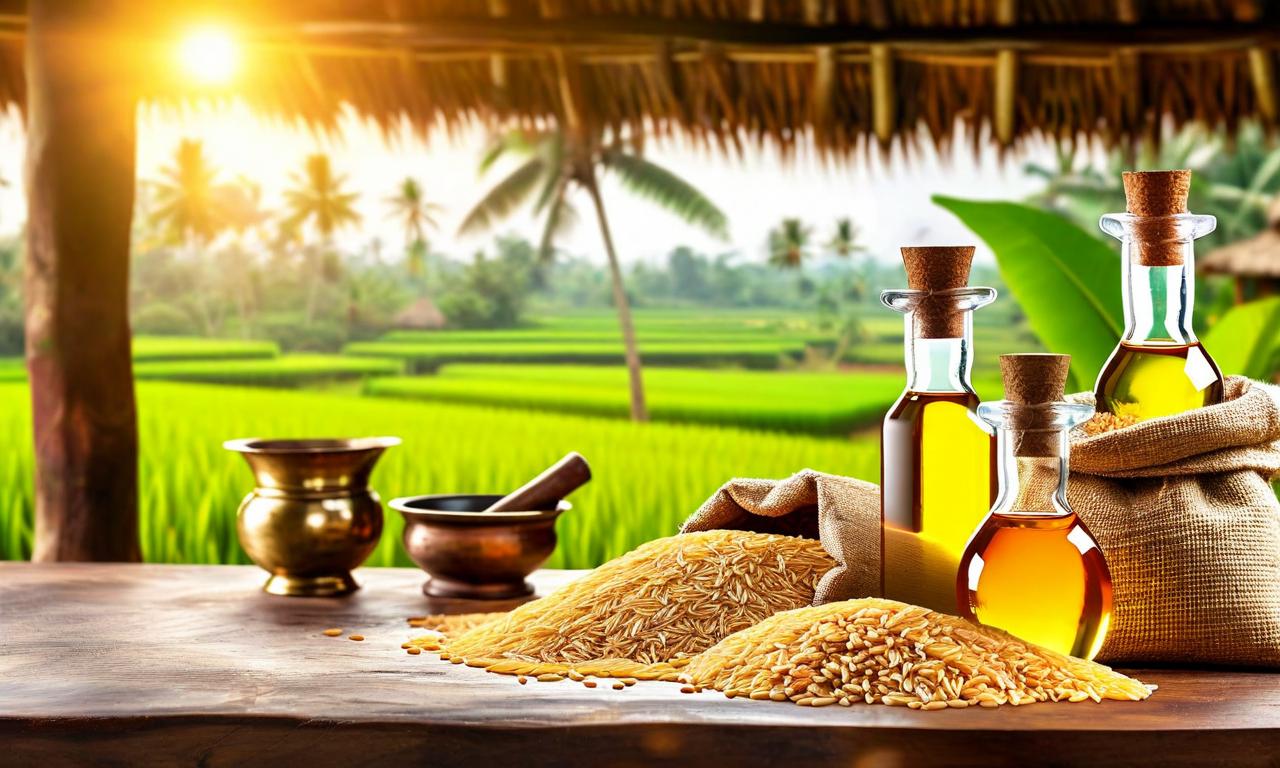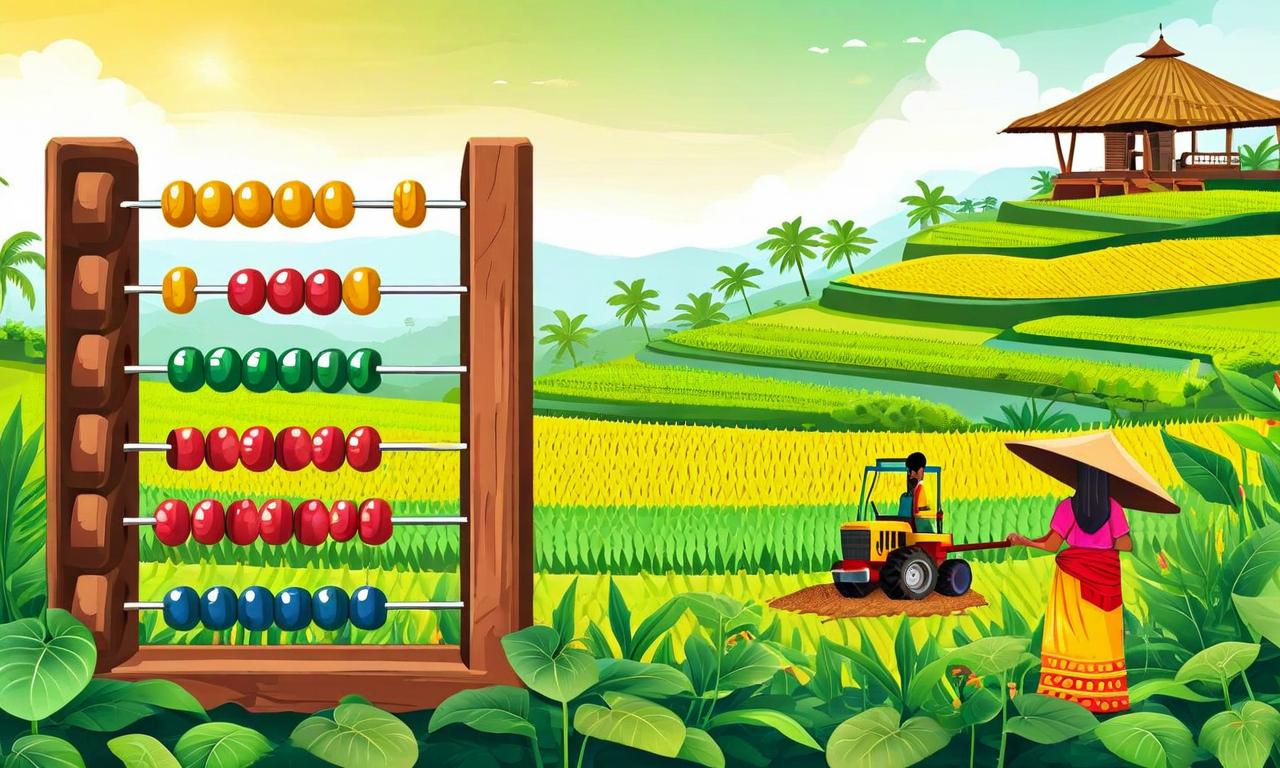Government Lifts Export Ban on De-Oiled Rice Bran, Potential Boost for AWL Agri Business
The Indian government has removed the export ban on de-oiled rice bran, a decision that could benefit companies in the agri-business sector, including AWL Agri Business. This policy change may open up new international market opportunities for de-oiled rice bran, a byproduct of rice processing used in animal feed and food industries. The move aims to support the agricultural sector, potentially boosting export revenues, encouraging rice bran processing, providing additional income for rice millers and farmers, and strengthening India's position in the global agricultural byproducts market.
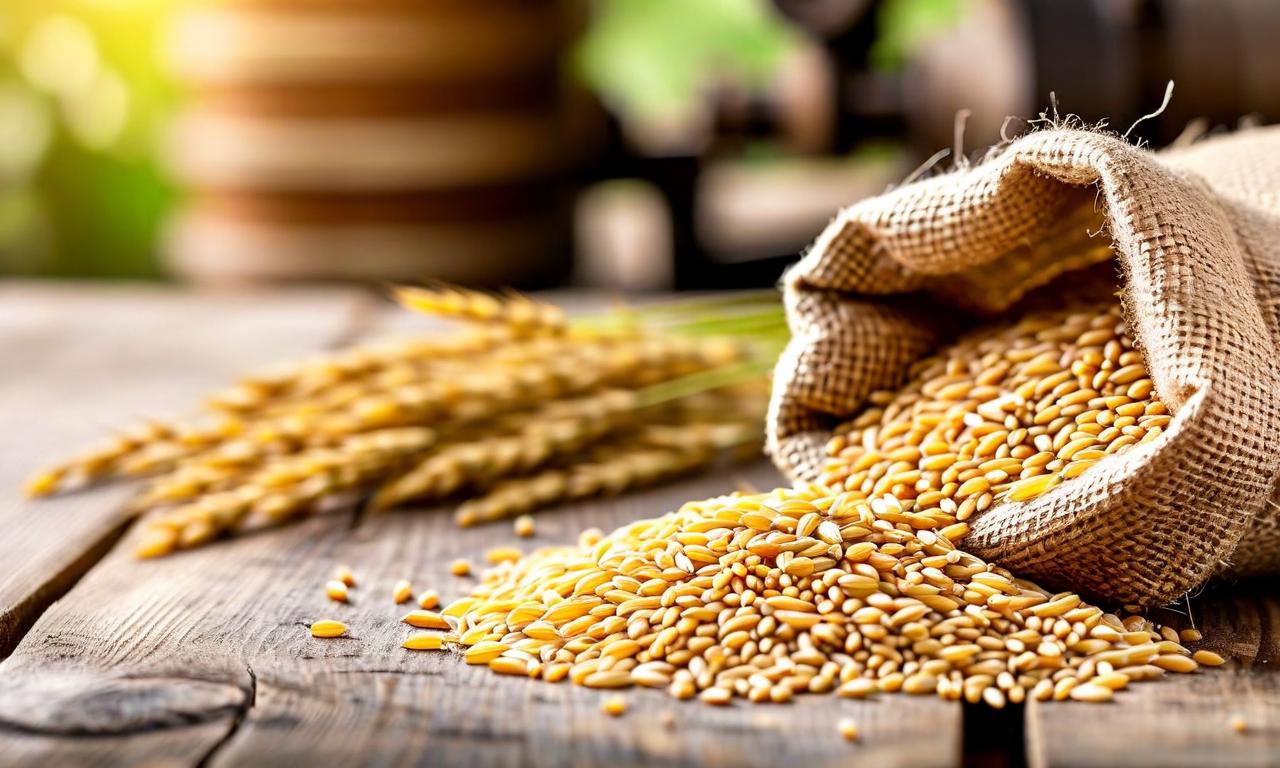
*this image is generated using AI for illustrative purposes only.
In a significant development for the agricultural sector, the Indian government has announced the removal of the export ban on de-oiled rice bran. This decision is expected to have positive implications for companies operating in the agri-business sector, including AWL Agri Business .
Impact on AWL Agri Business
AWL Agri Business, a key player in the agricultural sector, stands to potentially benefit from this policy change. The lifting of the export ban on de-oiled rice bran could open up new opportunities for the company in international markets.
Understanding De-Oiled Rice Bran
De-oiled rice bran is a byproduct of rice processing after the oil has been extracted. It is widely used in various industries, including animal feed production and food processing. The removal of export restrictions on this product may lead to increased demand and potentially higher revenues for companies involved in its production and trade.
Implications for the Agricultural Sector
The government's decision to lift the export ban is likely aimed at supporting the agricultural sector and promoting value-added exports. This move could potentially:
- Boost export revenues for companies dealing in de-oiled rice bran
- Encourage increased processing of rice bran
- Provide additional income opportunities for rice millers and farmers
- Strengthen India's position in the global agricultural byproducts market
While the specific impact on AWL Agri Business remains to be seen, the company's involvement in the agricultural sector positions it to potentially capitalize on this regulatory change. Investors and industry observers will be keenly watching how companies like AWL Agri Business adapt their strategies to leverage this new export opportunity.
Historical Stock Returns for AWL Agri Business
| 1 Day | 5 Days | 1 Month | 6 Months | 1 Year | 5 Years |
|---|---|---|---|---|---|
| +0.14% | -5.91% | -8.16% | -25.70% | -27.00% | -28.42% |


